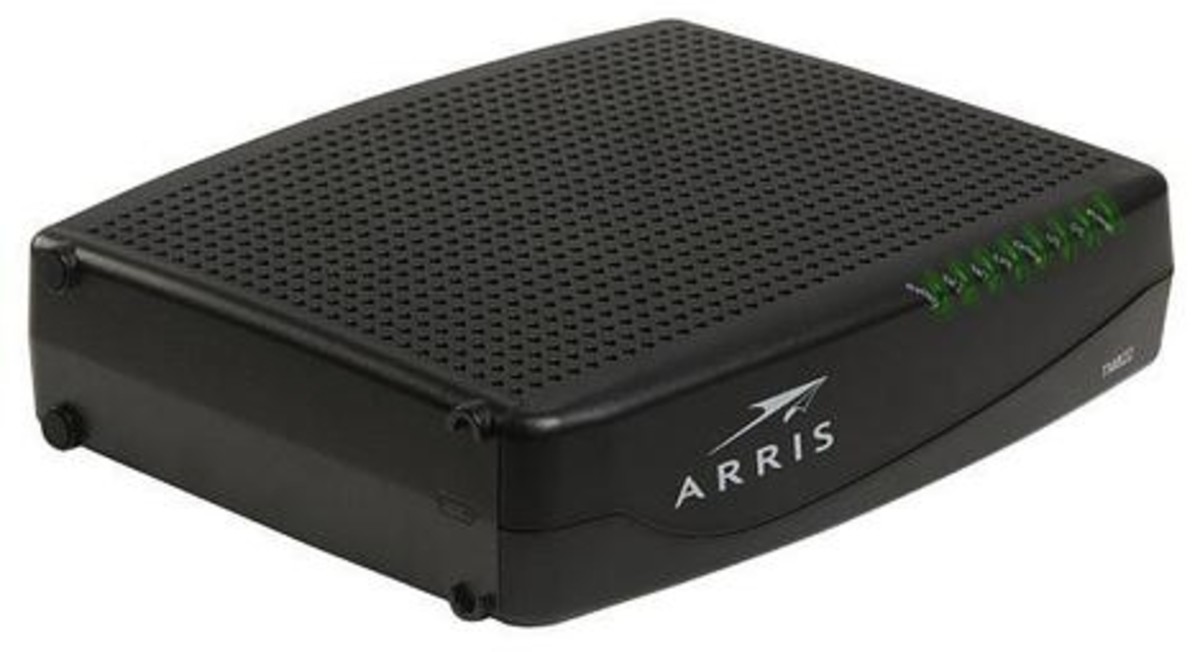Aviation English
What is Aviation English?
<http://www.aviationenglish.asia>
The answer to this question would probably depend on whether you are a teacher, a flight instructor, a pilot or air traffic controller, a cadet pilot or a provider of ESL learning materials.
It usually relates to teaching pilots and air traffic controllers. In recent years communication difficulties have been rcognised as a leading cause of accidents so the International Civil Aviation Organisation (ICAO) has mandated that all pilots and air traffic controllers should achieve proficiency at ICAO level 4.
In it’s simplest form Aviation English is a form of ESP. ESP stands for English for Specific purposes. Sometimes the term English for Aviation is used which is actually a bit more specific. It implies that the English taught is specific technical language that would be used in the context of aviation. Such language is normally (but not always beyond the realm that English language teachers are comfortable teaching – unless they have an aviation background or a deep interest in aviation. In contrast the term Aviation English is used to refer to teaching just the essential language used in aviation. Some subjects, themes and grammatical structures might be omitted. In that respect, Aviation English, combined with radio-telephony is its own language – distinct from regular English.
If that is not confusing enough, what is radio-telephony? Radio-telephony, or R/T is a system of communication between stations. Stations are typically control towers or aircraft. Radio telephony has its own protocol, pronunciation rules and “grammar”. Usually pilots and controllers will use a system of communication called phraseology.
A good aviation English syllabus will include both radio-telephony and English for Aviation as it will build confidence in the learner if they are using language that they could be expected to use during training or later active duty. In general, an Aviation English course is based around topics and themes that are directly relevant to pilots and controllers.
Is this model too simplistic? Maybe. There is some body of thought that believe that you cannot teach aviation English. Instead you need to teach general English until the learner is at such a stage that they can grasp technical aviation language.
At Aviation English Asia we take the view that English should be a complete language. Some aspects of language should be prioritised – this is in line with the ESP perspective. That would be catering to learner’s immediate needs. Longer term the English for Aviation perspective is superior and gives greater functional ability. In that respect many airlines find that such English for Aviation training is a complement to their own CRM (Crew Resource Management) training. There are great overlaps between teaching “content” and “language”. Modern ESL teachers are trained to teach “language” without content and not express their own opinions and beliefs to learners. This is with the aim of empowering English learners to “own the language” rather than copy what theteacher has dictated to them. In the aviation context, the lines between content and language are blurred when language training takes place alongside other aspects of aviation training such as CRM and Human Factors. The Aviation English teacher needs to be able to facilitate language aquisition, but often simultaneously reinforc knowledge needed for safety.
One of the difficulties with Aviation English is that there are very limited learning materials available. This however is changing and there are a number of course books commercially available. The question is, how suitable is the material for the learner’s needs. Therefore the aviation English teacher needs to be skilful in assessing the learner’s needs and use these coursebooks as tools rather than the basis of a course itself.
For more information about Aviation English please contact info@aviationenglish.asia
Web links
- Aviation English Asia provide English courses for airlines
aviationenglish.com- English for pilots, air traffic controllers and flight attendants.







